Text s ktorým začať
Travelling is one of the most enriching experiences that you can have in life. It allows us to explore different cultures, languages, cuisines, and ways of life. Whether it's a weekend getaway or a never-ending adventure, travelling can be a life-changing experience.
There are many reasons why people choose to travel. Some do it for leisure and relaxation, while others do it to challenge themselves and step out of their comfort zones. Travelling can also be an opportunity to learn new skills, such as a new language or a new sport, and to gain new perspectives on the world.
Of course, travelling also has its challenges. It can be expensive, time-consuming, and sometimes even dangerous.
Overall, travelling is a wonderful way to broaden our horizons, expand our minds, and connect with people and places that are different from our own. Whether you're a seasoned adventurer or a first-time explorer, there is always something new to discover when you travel.
Témy a otázky, ktoré môžete byť opýtaný
1. The means of transport
Transportation has always been an essential part of human civilization, enabling people to travel from one place to another for trade, exploration, and leisure. Over the centuries, various means of transport have been invented and improved, each with its own advantages and disadvantages.
One of the oldest means of transport is walking, which is still used today for short distances or in areas where other types of transportation are not available. Walking is a cheap, healthy, and environmentally friendly way to travel, but it can be slow and tiring.
Other means of transport that have been developed over time include animals, such as horses and camels which are still used in many parts of the world for transportation and agriculture. Boats and ships have also played a crucial role in human transportation, allowing people to travel across oceans and rivers for trade and exploration. In modern times, motorized vehicles such as cars, buses, trains, and airplanes have become the dominant means of transport, offering speed, comfort, and convenience over long distances.
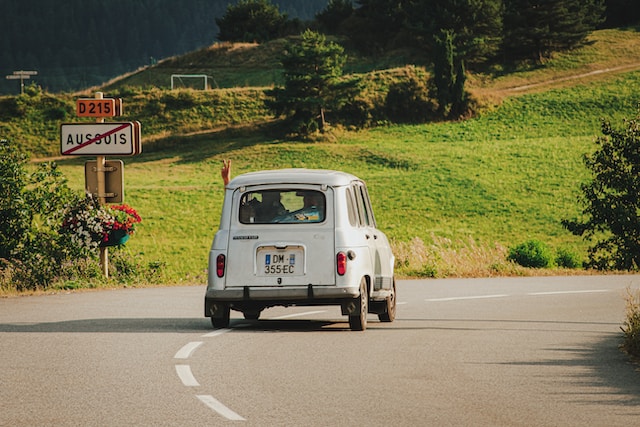
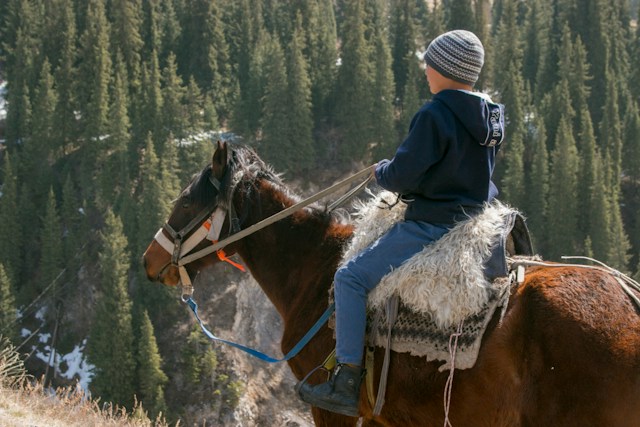
2. Types of holidays
First, there's the package holiday. This type of holiday is organized by a tour operator and typically includes flights, accommodation, and transfers. It's a great option for those who want a carefree experience and don't want to worry about planning every detail of their trip.
If you prefer the great outdoors, camping and caravan holidays may be more up your alley. Camping involves pitching a tent or using a camper van, while caravan holidays involve traveling in a mobile home. Both options allow you to get close to nature and enjoy the outdoor life.
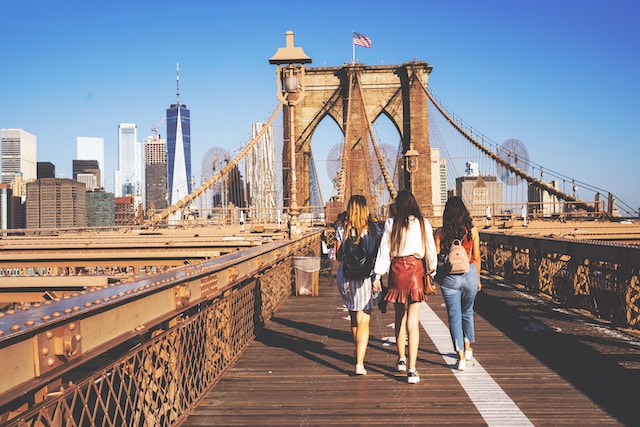
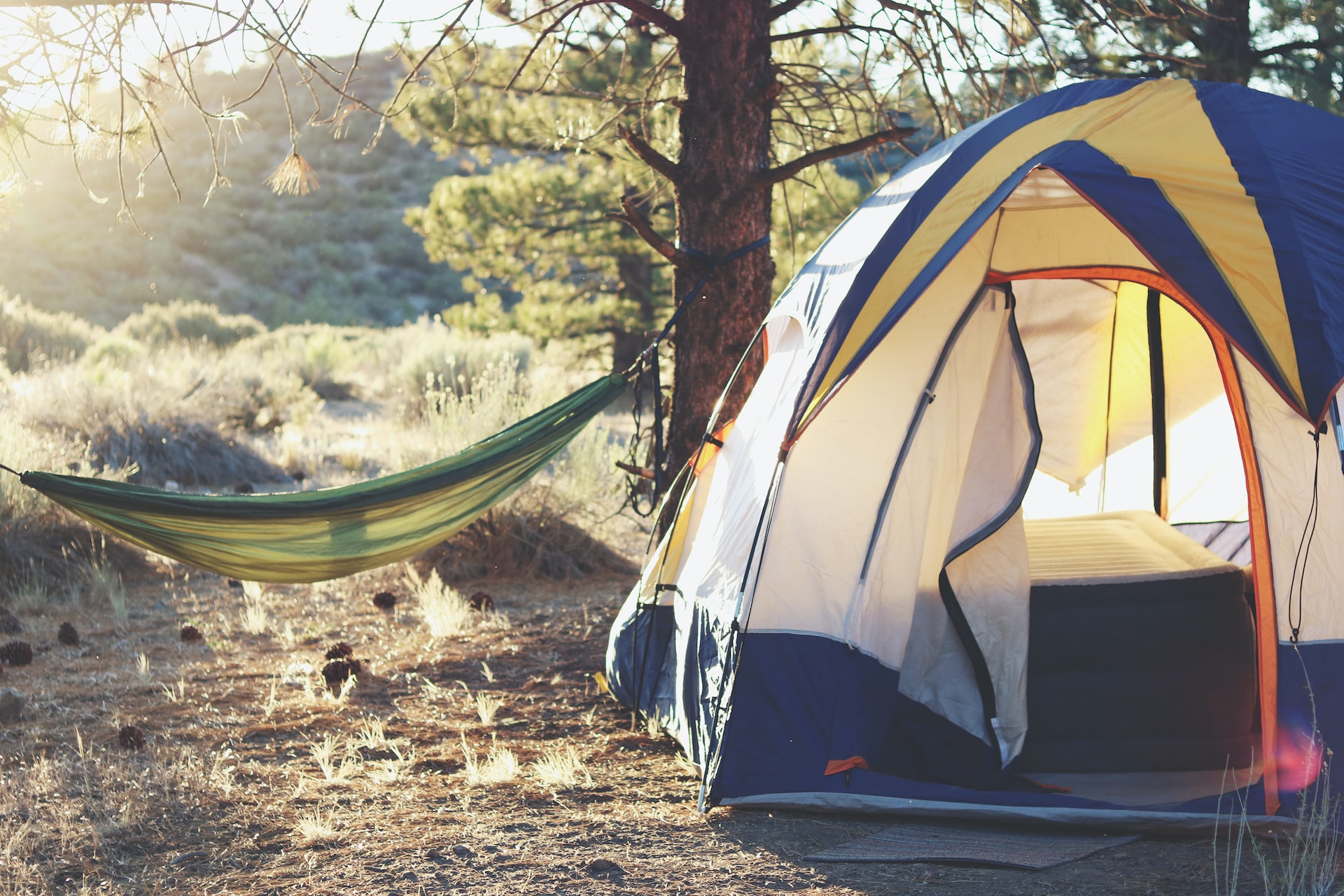
For those who want to travel in style, a cruise holiday can be a luxurious option. Cruise ships offer a variety of activities and amenities on board, as well as the opportunity to visit multiple destinations without the worries of packing and unpacking.
Backpacking holidays are popular among young people and budget travelers. This type of holiday involves traveling with just a backpack and staying in hostels or budget accommodation. It's a great way to meet other travelers and experience different cultures.
Sightseeing holidays allow you to explore famous landmarks and tourist attractions in a new destination. Whether it's a walking tour of a city or a guided visit to a historical site, sightseeing holidays are a great way to learn more about the history and culture of a place.
Self-catering holidays give you the freedom to cook your own meals and live like a local. This type of holiday often involves renting a holiday home or apartment and exploring the local area at your own pace.
If you're looking to save money, you may want to consider a first minute or last minute holiday. First minute holidays involve booking well in advance, while last minute holidays involve booking at the last minute. You need to be flexible with your travel dates and destinations.
Finally, booking a holiday with a travel agency can be a great option if you want expert advice and support throughout the booking process. Travel agents can help you find the best deals and customize your holiday to your specific needs and interests.
3. Travelling in the past, present and future
Travelling has always been an important part of human existence. In the past, travel was often difficult and time-consuming. People had to rely on animals or their legs to get around, and journeys could take weeks or even months. However, despite the challenges, travel was still seen as an important way to explore new lands.
Today, travel is much easier and more accessible. We have cars, trains, planes, and a variety of other modes of transportation that can take us anywhere we want to go. As a result, travel has become more of a leisure activity than a necessity. People travel for pleasure, to visit friends and family, or to experience new cultures and cuisines.
Looking to the future, it's likely that travel will continue to evolve and become even more efficient and sustainable. We may see new technologies that allow for faster and more eco-friendly modes of transportation, such as electric cars or hyperloop trains. Virtual reality may also play a role in travel, allowing people to experience different destinations without actually leaving their homes.
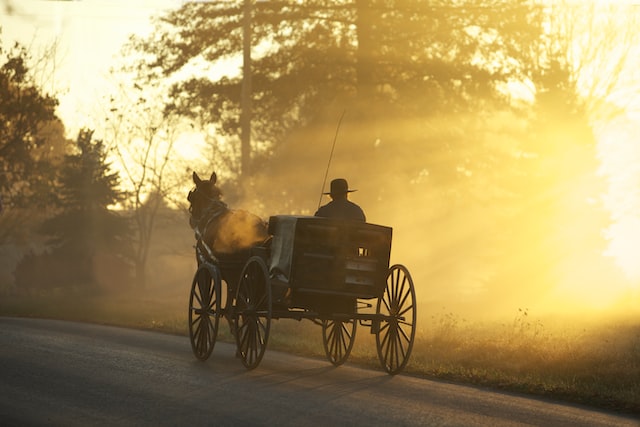
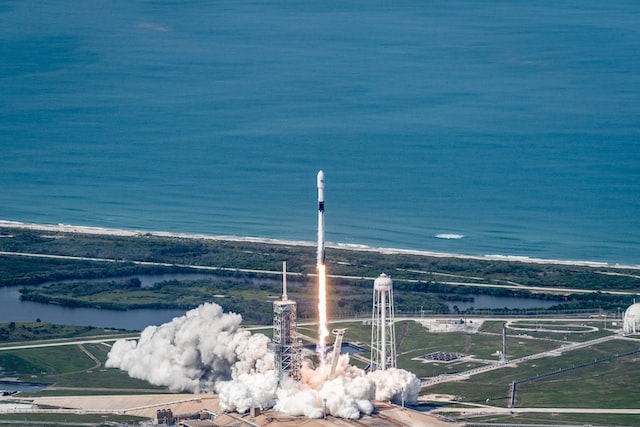
4. Preparation before the journey (tips and advice)
Now I'm going to talk about how to prepare for your next journey or trip. It is important to plan ahead and take care of some key detai ls to ensure a smooth and stress-free experience.
Firstly, do some research about your destination before you go. This will help you plan your journey, find out about local customs and avoid any potential dangers. Knowing what to expect can make your trip much more enjoyable.
Secondly, pack smart. Only pack what you need and try to keep your luggage as light as possible. Make a list of essential items and double-check it before you leave. This will help you avoid overpacking and make it easier to get around with your luggage.
Next, check your documents. Make sure you have all the necessary documents, such as your passport, visa, and travel insurance. Keep them in a safe place and make copies in case of loss or theft. This will ensure you can get where you need to go and that you're covered in case of any unexpected situations.
Fourthly, secure your home. If you're going to be away for a while, make sure your home is secure. Lock all doors and windows, and ask a neighbor or friend to keep an eye on your property. This will give you peace of mind while you're away.
Lastly, make sure you have some cash in local currency ready for emergencies.
5. My attitude to travelling
Traveling is a rewarding experience that brings new opinions, ideas and promotes cultural awareness. It's not just a way to escape daily routines, but also an opportunity to gain insights and perspectives.
What I love about traveling is that it pushes me out of my comfort zone and exposes me to new things. Whether it's trying new food or immersing myself in local customs, every trip brings new adventures and learning opportunities.
6. Tourism and its pluses and minuses
Tourism is an essential part of many economies around the world, and it can bring many benefits to local communities. One of the most significant advantages of tourism is the boost it provides to the economy. Tourists spend money on transportation, accommodation, food, and other goods and services, which can create jobs and generate revenue for local businesses. Additionally, tourism can lead to cultural exchange and understanding between different countries and peoples. Visitors can learn about local traditions and customs, and locals can share their way of life with tourists.
However, tourism also has its drawbacks. Over-tourism can lead to environmental degradation, destruction of natural habitats, and increased pollution. Furthermore, tourism can be disruptive to local communities, and it can lead to overcrowding and strain on resources. It is crucial for governments to manage tourism in a way that balances the economic benefits with the environmental and social impacts. To do this, tourism must be sustainable and responsible, and it must prioritize the well-being of local communities and the preservation of natural resources.